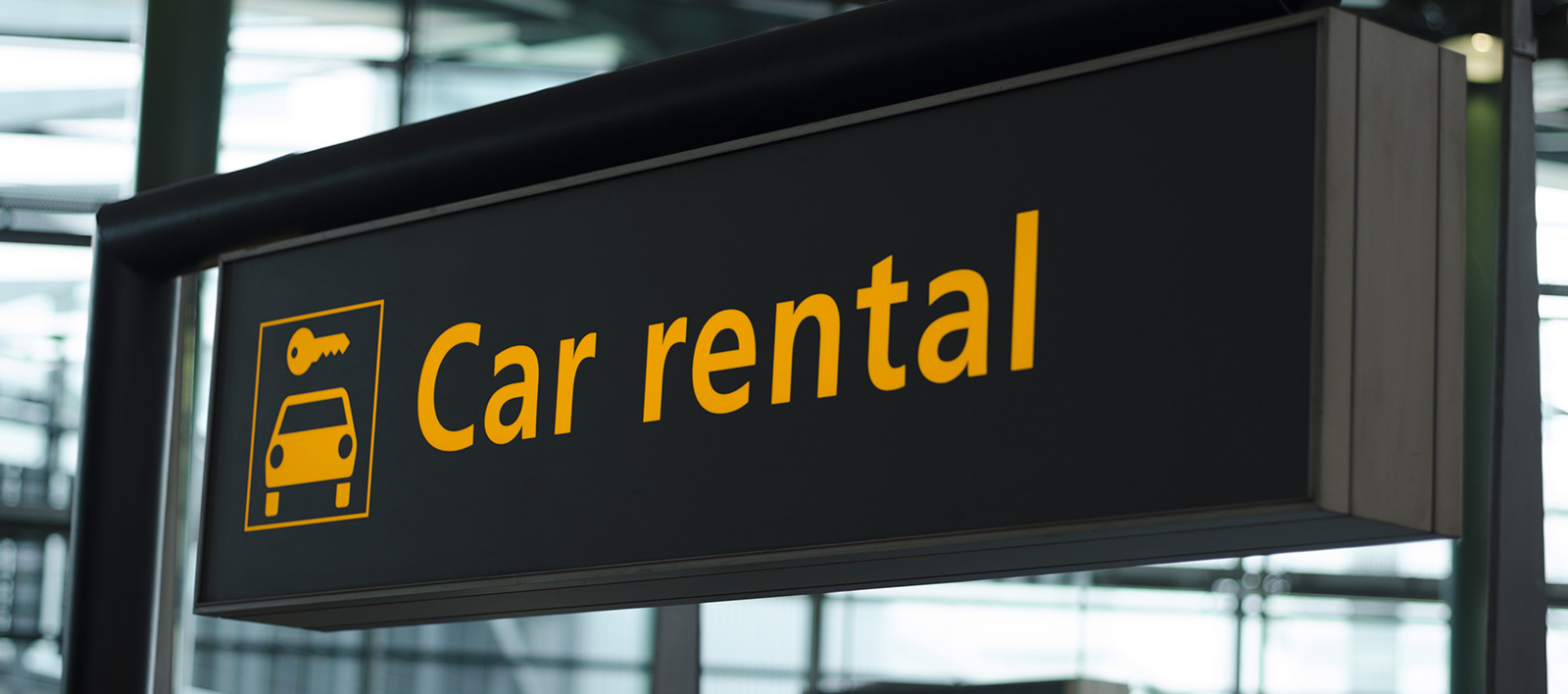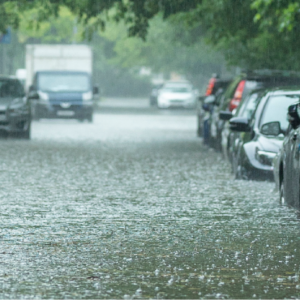Rental Car Insurance – To Buy or Not To Buy?
Posted in: Personal Insurance
A common question I hear as a Personal Insurance Specialist is whether or not to purchase insurance when renting a vehicle. And for a variety of reasons, my answer is always yes, you should purchase rental car insurance. It doesn’t matter if you’re renting the vehicle for a few hours or a few weeks, if you are in an accident and have not purchased the coverage offered by the rental car company, you’re personal insurance is not going to cover all of the potential costs and it will show up on your personal insurance record.
Here are some tips to consider when renting a car:
- Know before you go: Every rental car company has their own insurance policies and waivers in place. Make sure to do your research before booking your vehicle to find out the cost of coverage per day and what exactly is covered under the agency’s rental car insurance policy. The Denver Post conducted a comparison of rental car policies, which is helpful to get started.
- Read the fine print: The fine print of a rental car contract can include many details on the costs you will be expected to pay if you are in an accident and haven’t purchased their rental car insurance. For example, you may find the following clauses in the fine print:
- Loss of Use of Rental Vehicle: The rental car company will charge you per day for the total amount of days the vehicle is out of use due to repairs. The rental agency’s rational behind this charge is that since the vehicle is unavailable for them to rent to others, they are losing money, and therefore you should be responsible for having to compensate those missed days.
- Diminished Value of Rental Car: The rental car company will claim that the vehicle is worth less now that it has been in an accident. If you are using your personal insurance, the rental agency can charge you for the difference between what your personal insurance will pay (typically the Actual Car Value or ACV) and the value they believe it was worth.
- Be aware of fees: This goes hand-in-hand with reading the fine print. Your personal auto insurance coverage is likely not going to cover fees such as administrative fees, cost to tow the vehicle, appraise the vehicle after the accident, stow the vehicle and more.
- Make sure you are familiar with your personal insurance policy: If you’re in an accident with a rental car vehicle and chose only to use your personal insurance, then your comprehensive and collision would transfer to the rental vehicle. However, your personal umbrella policy will most likely consider rental car collisions an exclusion.
- When you choose to purchase rental car insurance through the rental agency then if you’re in an accident, it will not show up on your personal insurance record. Accidents can impact rates for years to come.
- Depending on your insurance carrier, coverage abroad may or may not transfer from a Personal Auto Policy. In any case, we always recommend purchasing coverage from the rental car company when traveling international. When traveling abroad, you are subject to the governing laws of that country.
As you can see from these reasons alone, if you are in an accident with a rental car and elected not to purchase the rental car insurance, you could end up paying much, much more than you bargained for. With an average of 10.8 million accidents per year in the United States, that’s more than 29,000 accidents per day, unfortunately the likelihood of even just a fender bender is high. Make sure you are covered and go ahead and purchase the rental car coverage through the rental agency of your choice (after doing your research!). If you are in an accident with a rental car, the last thing you’re going to want to worry about is the extra fees and costs that were written in the fine print of your contract.
If you have any questions about your personal auto insurance policy or rental car insurance, please contact me at cbullock@psafinancial.com.



